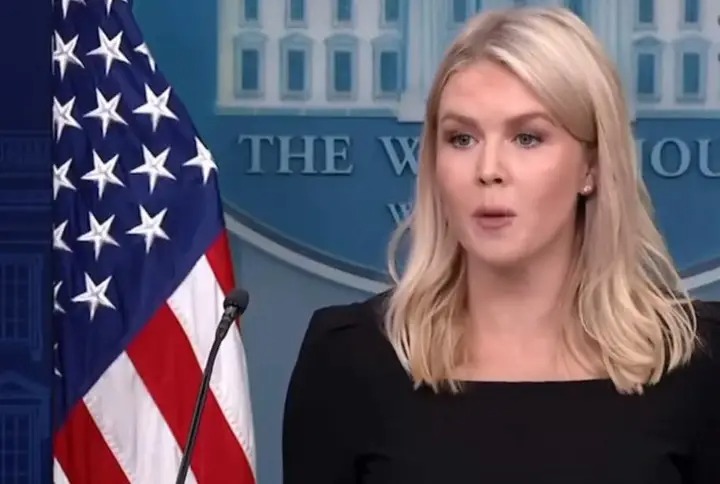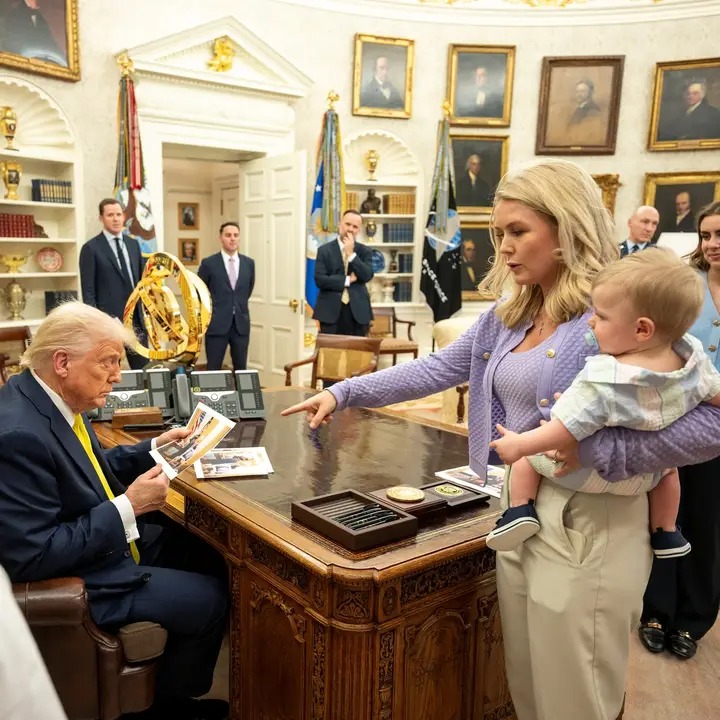Should the UK Welcome Palestinian Migrants? A Controversial Debate
In a recent statement, Reform MP Rupert Lowe firmly expressed his stance against allowing Palestinian migrants into the UK. His remark—”No ifs, no buts. It simply can’t be allowed to happen.”—has sparked discussions on immigration policy, humanitarian responsibilities, and national security. His strong opposition reflects growing concerns within certain political circles about border control, integration, and the potential societal impact of increased migration.
The ongoing conflict in Gaza has displaced thousands of Palestinians, leading to calls for humanitarian aid and asylum opportunities. Many advocates argue that the UK has a moral duty to provide refuge to those fleeing war and persecution, as it has done in past crises. They highlight the country’s history of offering safe haven to vulnerable populations and stress the importance of compassion in foreign policy. However, opponents, including Lowe, argue that the UK must prioritize its own security, resources, and social stability over additional migration.
This debate is not just about Palestinian refugees; it is part of a broader conversation on how the UK manages immigration amid economic challenges and political shifts. With growing public concern over border policies and housing shortages, many fear that increasing refugee admissions could strain public services. On the other hand, supporters of humanitarian assistance counter that well-managed immigration policies can benefit both refugees and host nations by contributing to economic and cultural growth.
Lowe’s statement aligns with the broader position of the Reform Party, which advocates for stricter border control and reduced immigration. While his words resonate with some voters who feel migration levels are already too high, critics argue that shutting the door on those in desperate need contradicts the UK’s long-standing humanitarian values. They stress that each refugee situation should be considered on its merits rather than dismissed outright.
As tensions rise over immigration policy, the UK faces a crucial decision: should it open its doors to those fleeing war, or take a hardline stance to limit migration? The debate is far from over, and public opinion will likely play a significant role in shaping the government’s response.






